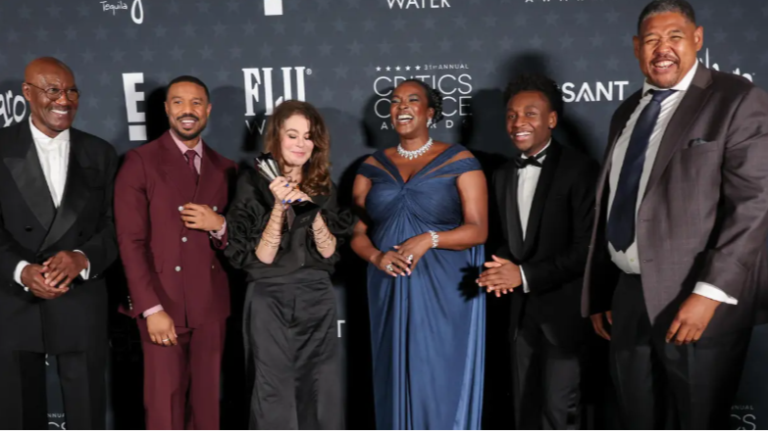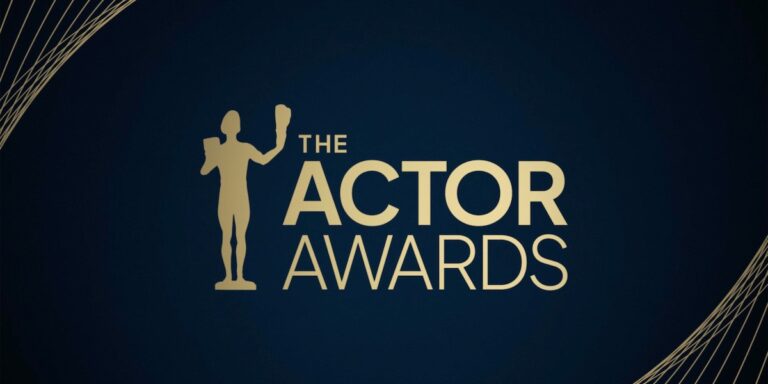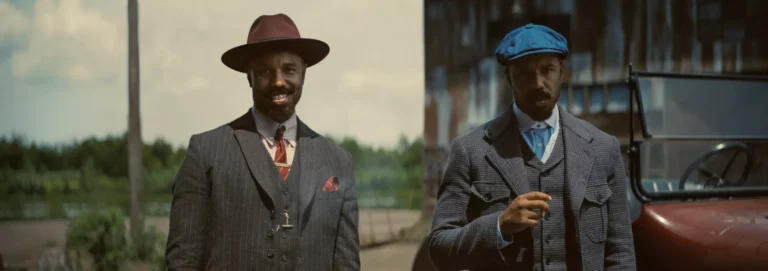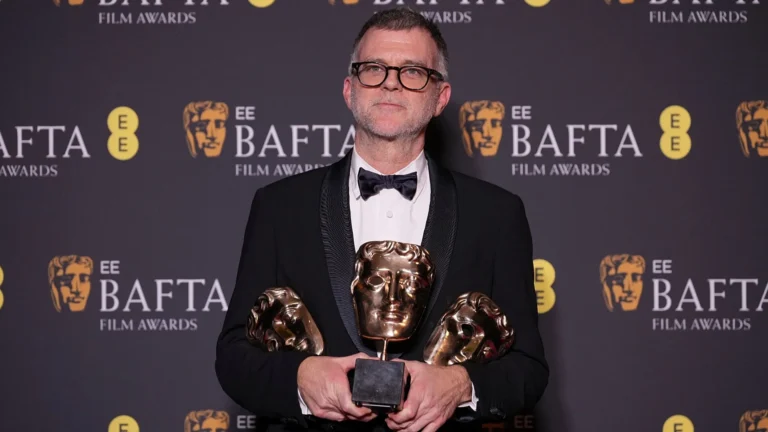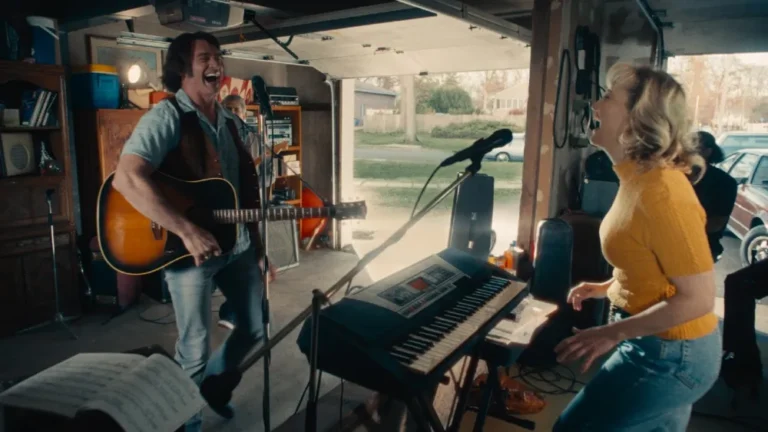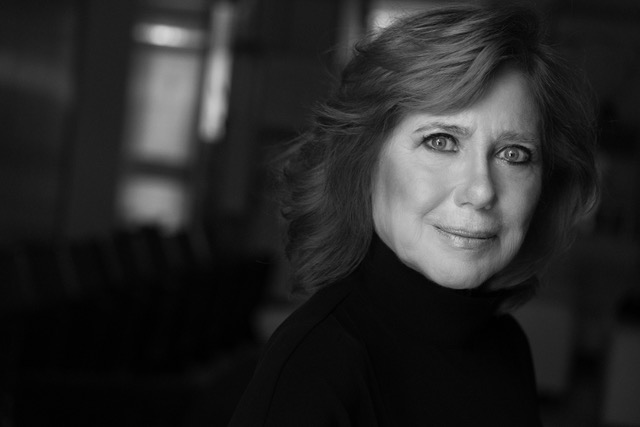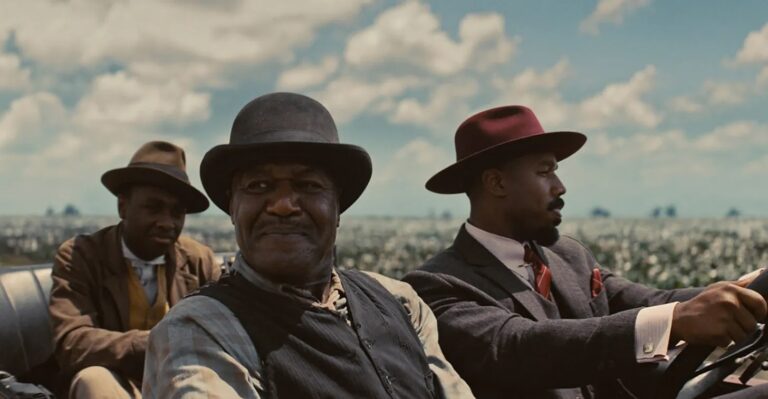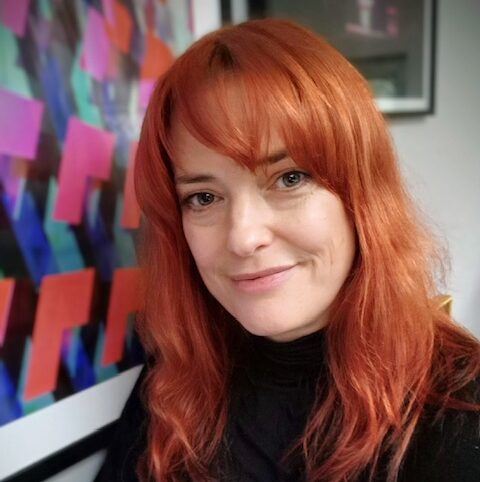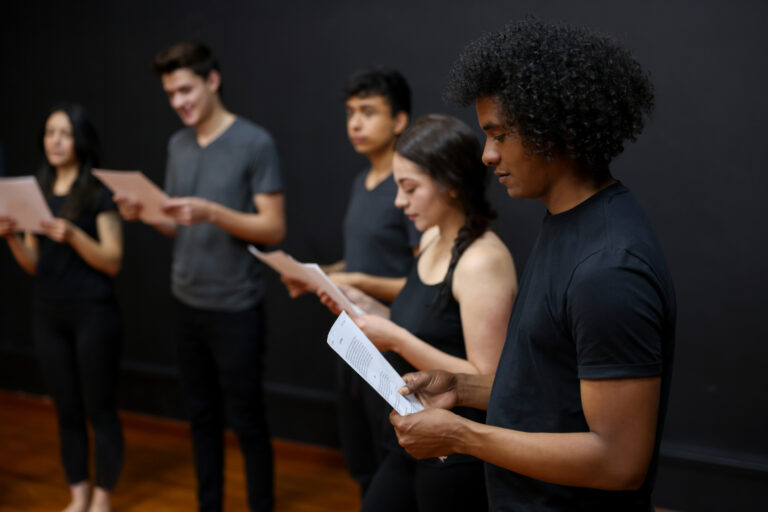You cannot pin down Harry Gilbert. After working for several years training under casting director Sarah Trevis, the Englishman has gone out on his own and is already earning important kudos for his work. He earned a BAFTA Breakthrough honor for putting together the ITV sitcom G’wed, which also earned a BAFTA nod for Best Scripted Comedy. While it’s not yet available for viewing in the U.S., he’s got two film projects that soon will be.
There’s the thriller Reawakening, starring Jared Harris, Juliet Stevenson and Erin Doherty, set to hit theaters in November, and the historical drama Truth & Treason, which he cast alongside mentor Sarah Trevis, which hit theaters here October 17. Mix in some award-winning short films — the 2023 short Lions won a trophy at Cannes — and it’s clear just how versatile he really is. He took a break from his busy schedule to chat with us from his home office in London.
Key Insights
- A natural evolution from acting to casting: Harry Gilbert’s sharp memory, taste, and performer’s insight helped him transition from acting to casting with authenticity and speed.
- Recognition through quality work: His BAFTA Breakthrough honor for G’wed and success with Reawakening and Truth & Treason highlight how talent and trust in process build momentum in a competitive industry.
- Warmth and communication matter: Gilbert believes in demystifying auditions, ensuring actors enter prepared and empowered to deliver their best performances.
How did you get into casting in the first place?
Well, I was an actor, and I was doing lots of other things to keep afloat — working in events and catering and other things that didn’t suit me. I had experience in teaching and directing, those things you do when you’re an out-of-work actor.
I think I’d always wanted to go into casting, and lots of people had said to me I’d be really good at casting because of my elephant memory, remembering actors and performances. So I wrote to Sarah Trevis, and she offered me an assisting job. It just started like that. I wanted something more solid, and then quite quickly I realized this was providing me with more immediate satisfaction, so I let the acting go, and then committed fully to casting.
A lot of casting directors started as actors, and inevitably there was an epiphany that casting was their calling. Did you have that?
Yes, I did. I was an assistant, but because I came to it later in life, I arrived with taste and knowledge of actors and all of those things. I began as an assistant with that, rather than having to understand and build it. I fairly quickly cast my first short after about a year of assisting, which led to another short. Then someone recommended me to help cast a comedy pilot, and after I cast that, the producer offered me what’s now my show, G’wed, which is what I got the BAFTA Breakthrough for.
I kept getting recommended for things, rather than me searching for them, and I just thought, this is happening without me trying. The world is telling me this is what I should be doing. It was only having cast the pilot and a couple of shorts, but it made me think I have a real talent here that other people are appreciating, and it just hadn’t felt as hard as with the acting. It’s still hard, and you still have to hustle, but with acting, you can do a great job and then not work for two years. That can happen with casting, but it doesn’t feel as feast or famine.
You got that BAFTA Breakthrough honor for your first solo project. What does that do for a young casting director’s career?
I don’t know. (Laughs) I would hope that it would do lots, but currently the industry is in a very difficult situation. So I’m meeting people, and I guess what it does is, it helps people know you exist. That’s how I battle these days, and much like an actor, you need to have these breaks so that people are aware of you and you can progress. It’s a real honor, and it’s wonderful to then feel part of BAFTA and that community, and be in those spaces and talk to other wonderful young, up-and-coming creatives. But what does it do? The jury’s out on that. We’ll see.
How does your acting background affect the way you run an audition room?
I run it with openness, warmth, ease. I try and create a warm environment so the actors coming in are not feeling intimidated. Now, I can’t legislate for the personality of a director or a team or how many people are going to be in the room, but what I do think is important is to let actors know as much information as possible before they come in, so at least they know what to expect. Because, yes, we can just send the sides and go, “This is your time, and this is who’s in the room.”
These days, when people are coming in the room, it’s because they’re having a recall. If I know that the director is going to want to redirect them, I will say to be ready to to be redirected, or take notes, or remain flexible, or this was great about your tape. I try and give as much information that I have available to them, so that they at least feel like they have an idea of what’s going to happen in the room, and so that they feel empowered. Because I think when actors are relaxed and comfortable, then they’re going to do the best work.
This actually feels like a really good segue into my last question, which is, what piece of advice or wisdom would you give to an actor coming in to audition for you?
Probably the same things that everyone says, you know? Be prepared, be relaxed, be yourself. I think sometimes actors worry about trying to please, which makes sense, because they want the job. They’re trying to do exactly what the director wants, but often the director doesn’t know what they want. So I think all the actor can do is feel empowered by trusting themselves, trusting their instincts, and finding the character through them.
You can have 20 people lined up to do the Hamlet soliloquy, “To be or not to be.” It’s the same words, but the way that each person does it is going to be unique. That’s what’s wonderful about actors: everyone is completely individual. So I would say, embrace that individuality and make a choice. What’s your take on this character based on the information you have?
Even in a four- or five-line scene, there will be a journey, so think about the journey of each scene, and how each scene may be different from the next one that you’re doing. Also, it’s always about specificity, these tiny moments that are there in the script.
But also, you want to remain flexible, because in a room, you’re there for a reason, because some directors do like to give notes, and do like to change things, just to see whether an actor can adapt. So be prepared, trust your instincts, be specific, but be able to be flexible with it, too.
Key Takeaways
- Authenticity over performance: Actors stand out by trusting their instincts and embracing their individuality rather than trying to please the room.
- Preparation meets flexibility: Confidence comes from doing the homework but staying open to redirection and discovery in the room.
- Casting as collaboration: Gilbert sees casting as a partnership — a shared creative process rooted in trust, empathy, and clear communication.
You may also like:


